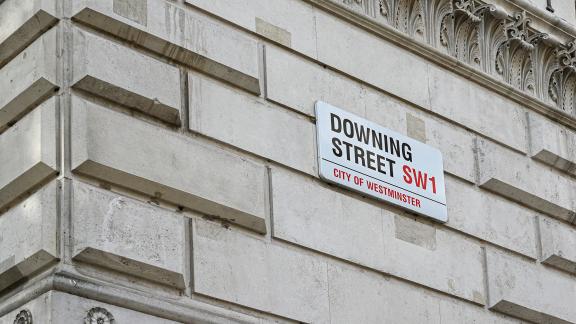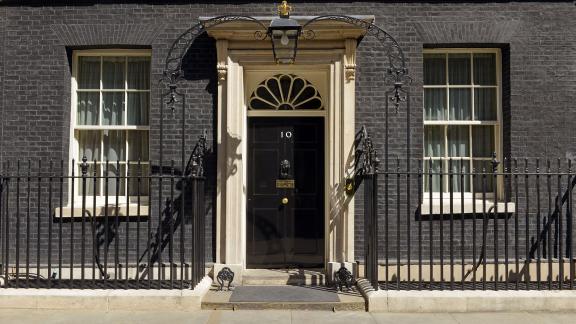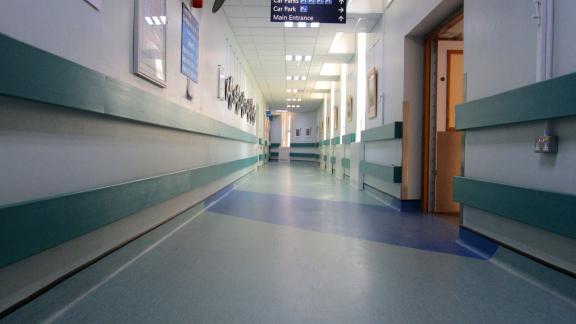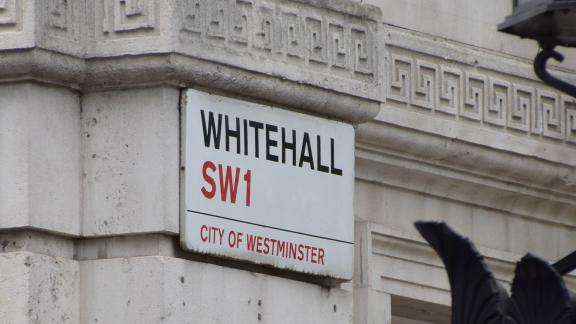Warning of a winter health service emergency without urgent government action

The NHS risks a health service emergency this winter without urgent action that includes a rescue package of immediate support and investment to future proof the service.
The NHS Confederation, NHS Providers, the Academy of Medical Royal Colleges, National Voices and the Richmond Group of Charities have penned a joint letter to the new Prime Minister warning that without urgent action on key priorities the NHS risks being trapped in a relentless cycle unable to meet rising patient need and demand. They say that, without an immediate intervention, soaring demand for general practice services and spiralling waiting times will be two of the many dismal consequences.
The five organisations, which together represent NHS leaders, clinicians and patients, are calling on the new government to take rapid action to address a number of key priorities in the short term.
They say that any delay will only worsen the impact of the risks that communities, as well as NHS leaders and their teams, are currently facing, and which will worsen over winter.
They are calling on the Prime Minister to address the huge gap in staff vacancies both in the NHS and social care which now stand at nearly 300,000 across both sectors. This should include addressing the NHS pension tax issue which is disincentivising clinicians from continuing to work in the health service, as well as tackling the issue of poor pay for social care roles.
The letter warns that a decade of underinvestment in NHS estate and infrastructure has left buildings crumbling and poor IT services and equipment that are undermining the quality, safety and efficiency of care as well as the health service’s ability to make significant inroads into waiting list backlogs. The maintenance backlog must be addressed and the capital funding that has already been promised for new builds must be unlocked straight away.
The organisations are also calling on the government to move quickly and decisively both to ward of the impact the huge rise in cost of living is having on the communities they serve and soften the blow rising inflation is having on NHS budget which has meant a real terms reduction in how much the health service has available to spend.
Additionally, the government should commit to fully funding this year and subsequent years’ pay rises for NHS staff. As it stands, health service leaders have been left to find an additional minimum of £2bn to foot the bill from within existing budgets. Failure to do so means NHS leaders will be forced to cut services.
Matthew Taylor, chief executive of the NHS Confederation said: “The new government has inherited an NHS and social care system in its most challenged state for decades.
“Demand for frontline care is sky rocketing, waiting time standards are deteriorating despite the sterling efforts of NHS staff, and the winter months look to be very bleak and the busiest on record.
“The cost-of-living crisis is threatening to have a real and long-lasting impact on the health and well-being of our communities up and down the country, something which the new government must urgently address.
“The NHS needs an immediate support package but with over 130,000 vacancies and a real-terms funding cut that could stretch to £9.4bn this year, there is no quick fix.
“Without additional support measures to address investment in capital, workforce and social care the health and wealth of our nation will suffer in the long term.”
About us
We are the membership organisation that brings together, supports and speaks for the whole healthcare system in England, Wales and Northern Ireland. The members we represent employ 1.5 million staff, care for more than 1 million patients a day and control £150 billion of public expenditure. We promote collaboration and partnership working as the key to improving population health, delivering high-quality care and reducing health inequalities.



